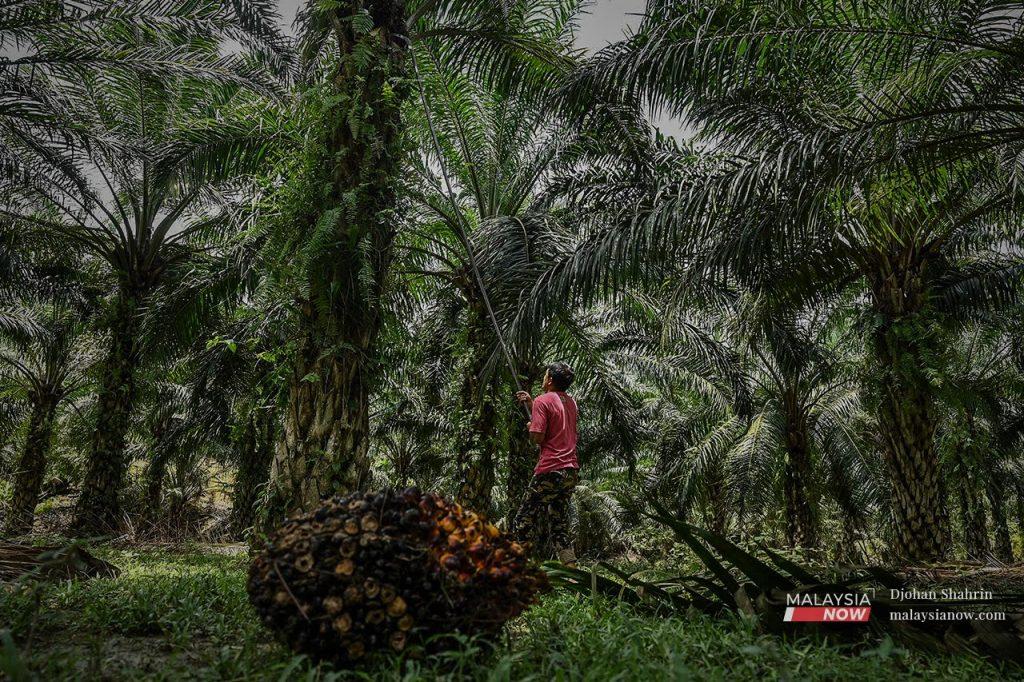Indonesia aims to issue first palm oil export permits since ban
Though Indonesia has officially allowed exports to restart after a three-week halt, companies are facing regulatory hurdles that are slowing the process of getting their shipments out.
Just In
Indonesia has received its first requests for palm oil export permits following the lifting of a ban a week ago, some of which could be granted on Monday, a senior official said, signaling a calibrated resumption of shipments amid protracted delays.
Though Indonesia, the world’s top palm oil producer, has officially allowed exports to restart after a three-week halt, companies are facing regulatory hurdles that are slowing the process of getting their shipments out.
“As of this morning there were five to six companies that had submitted a request and the system would immediately process them. We hope the permits can be issued today,” Veri Anggriono, a senior trade ministry official said.
Indonesia is requiring firms to reserve a share of their palm oil exports for the local market under a Domestic Market Obligation (DMO) and to join a bulk cooking oil programme designed to maintain domestic supplies and keep runaway prices in check.
The government has targeted shipments of 1 million tonnes of palm oil exports over an undisclosed time period, based on companies’ domestic sales under the programme. That would be less than half of the typical monthly volume prior to the ban.
The volume companies are allowed to export would depend on their refining capacity and the domestic cooking oil demand, according to regulations.
Veri said the ratio of the exports allocation and the domestic distribution puts the DMO at around 20%.
Slow restart
As of Sunday, 75 palm oil producers were registered for the bulk cooking oil programme, a senior industry ministry official told media on Monday.
Eddy Martono, secretary general of the Indonesia Palm Oil Association (GAPKI), said he hoped exports could soon return to a pre-ban level of 2.5 million to 3 million tonnes per month.
The ban shocked a global vegetable oil market already under pressure from a sunflower oil shortage caused by the war in Ukraine.
The delays in restarting shipments has meant abundant palm fruit supplies, and low prices for Indonesian farmers, hundreds of which protested earlier this month when palm fruit prices fell 70%.
In Riau and West Sulawesi provinces, trucks have been waiting two or three days in long lines outside some palm oil mills, partly due to the lack of export progress, farmers said, just as Indonesia enters its peak harvest period.
Prices of palm fruits have stabilised since the government announced the ban’s lifting, but many mills have more fruits than they can handle due to higher supply and could not offer farmers better pricing, said Ridho Ikhsan, a palm farmer in Riau.
“The loading in Dumai (port) is slow, so the mills are keeping prices steady,” Ridho said.
“Farmers are restless because the price of fertiliser is still not coming down. While palm fruit price has increased, they’re not yet at the levels expected by farmers.”
Subscribe to our newsletter
To be updated with all the latest news and analyses daily.
